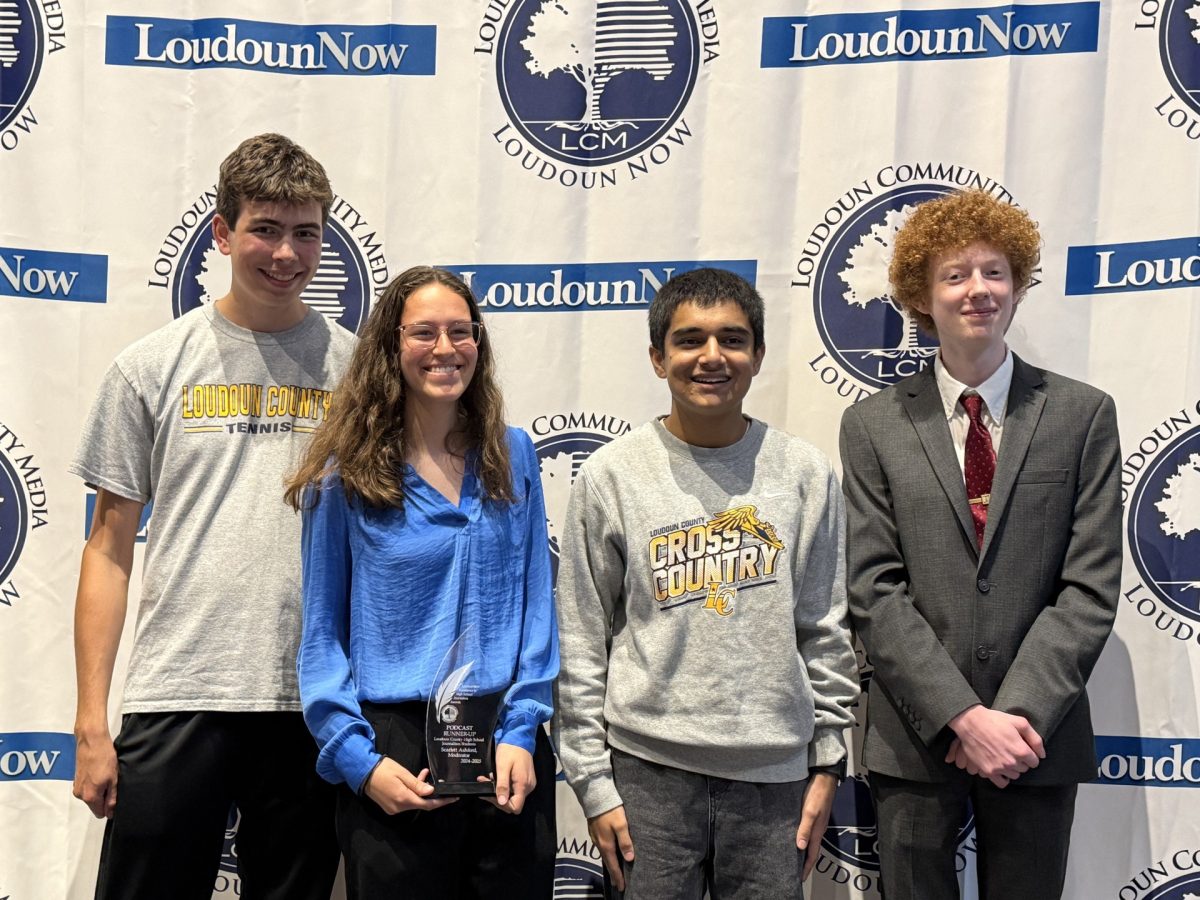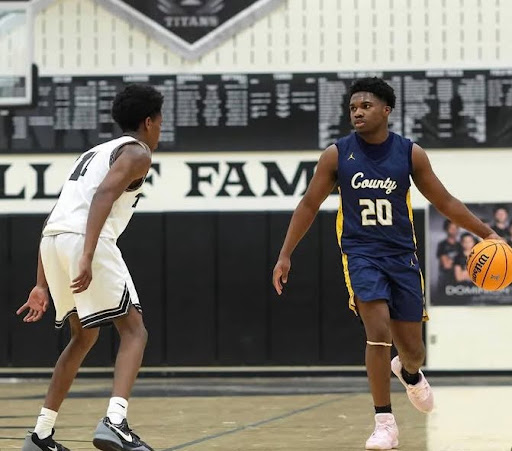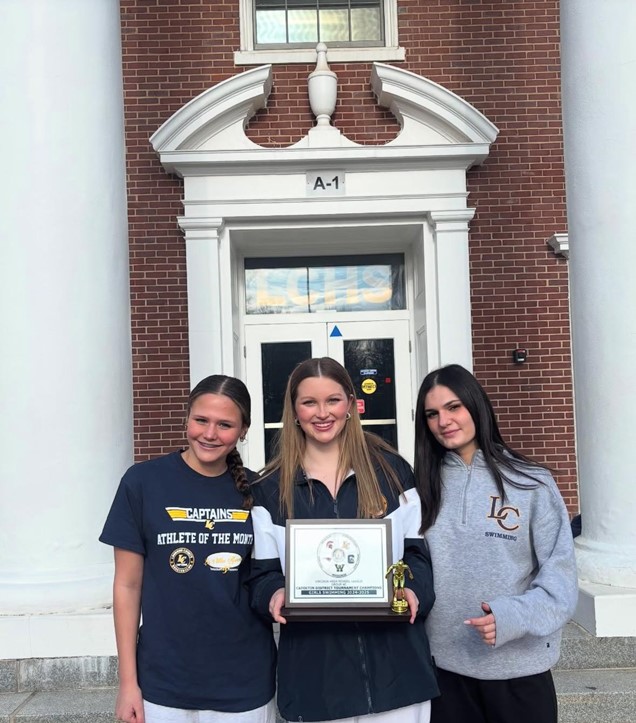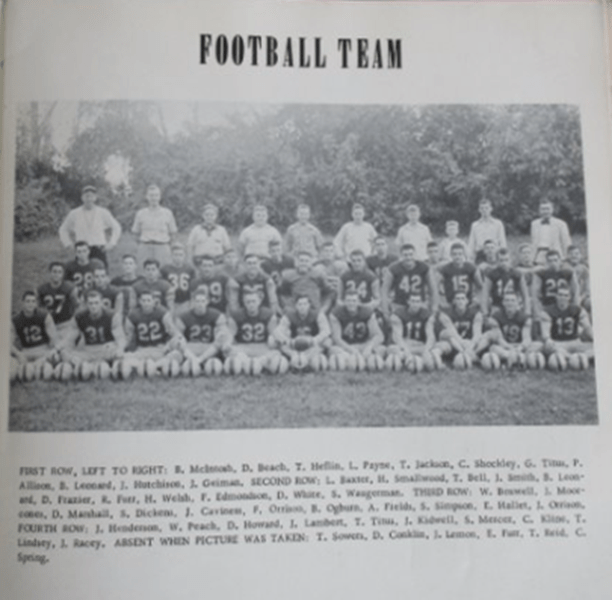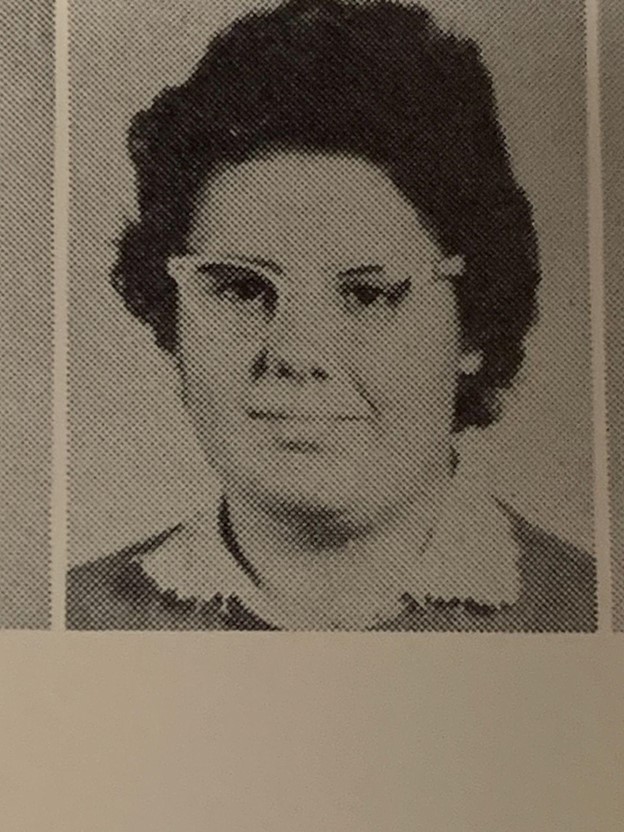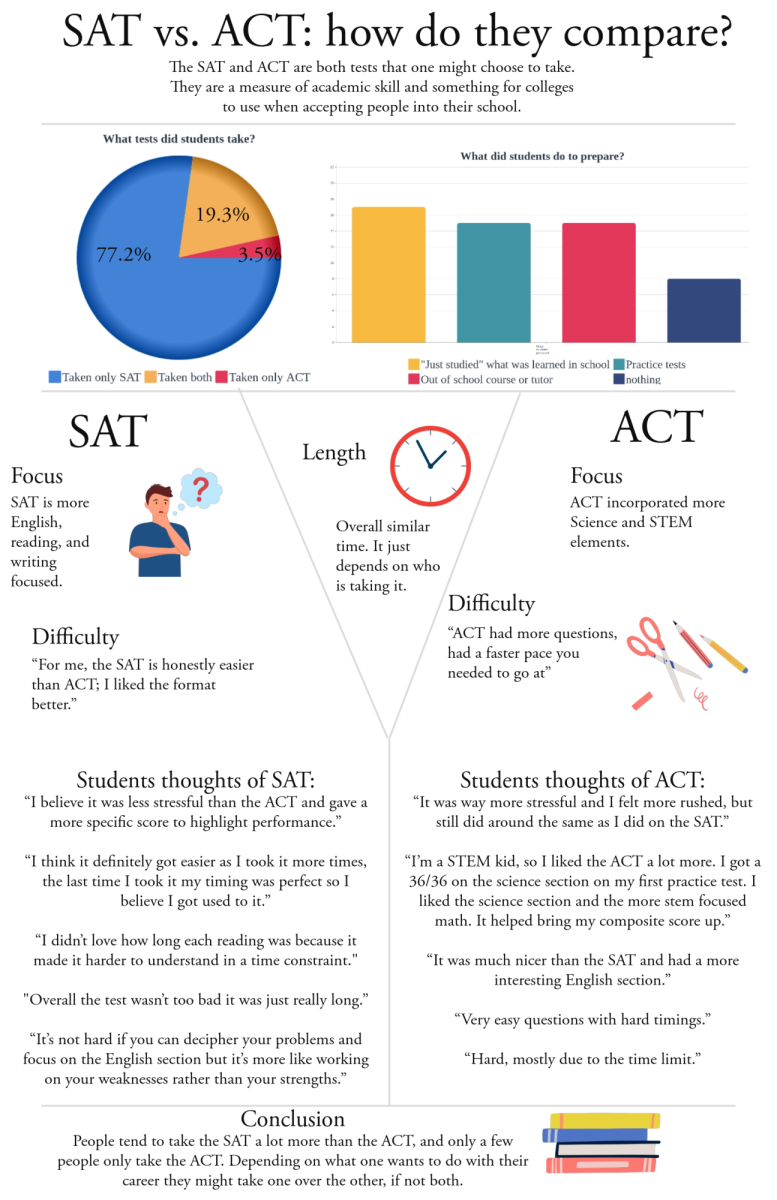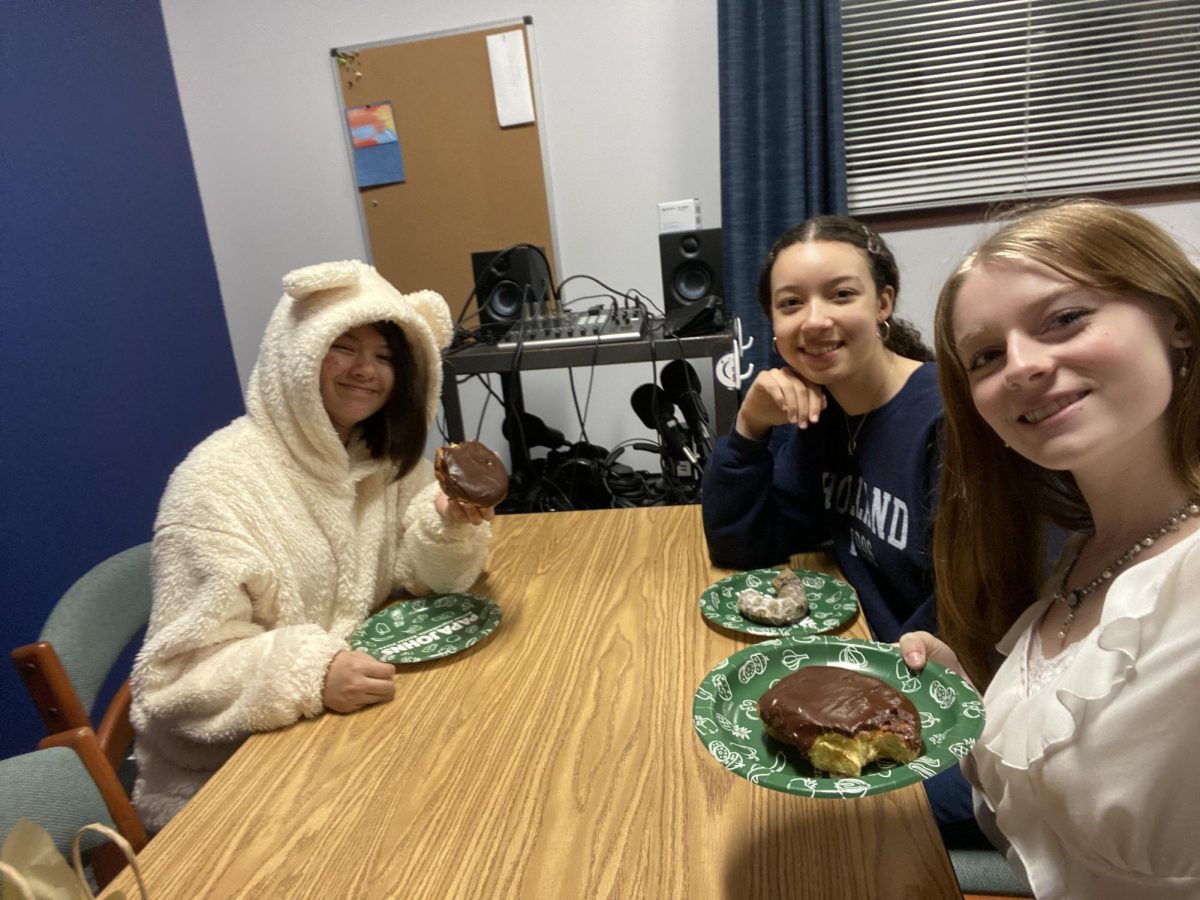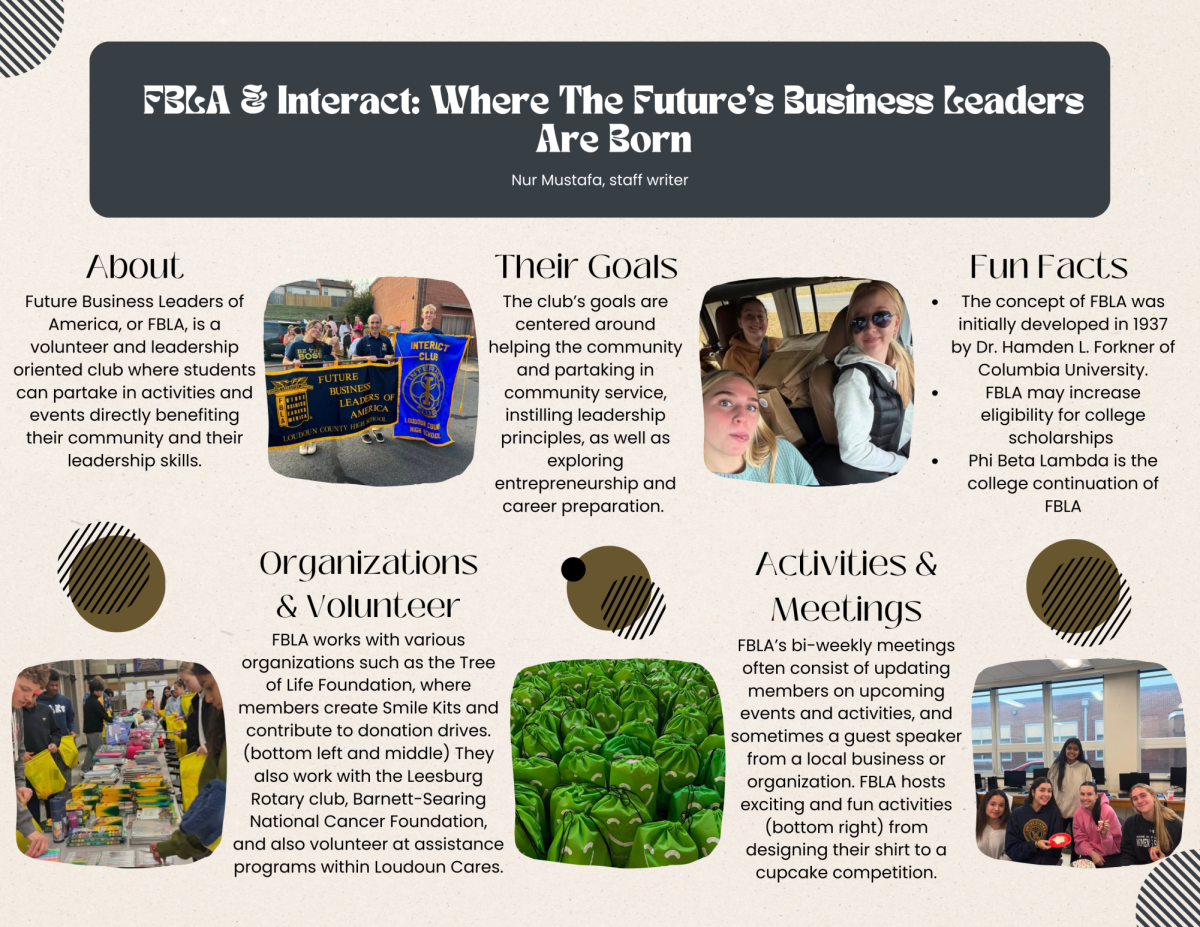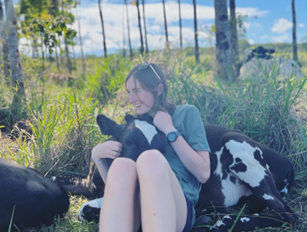As summer rounds the corner, the joys of warm weather and no school are likely all that are on most students’ minds. For rising seniors, the pressure of college and choosing where to apply can often be an uphill battle.
Regardless of how far along a student is in their college decision, taking a college tour impacts a students decision-making process greatly. In a survey done on 183 chief enrollment officers, 95% agreed that taking a college tour is “extremely important” in prospective students’ decisions to enroll.
College tours have been shown to help students pursue further aspirations at their university of choice. Tours help to improve a prospective students’ knowledge of a university, improve academic engagement, spark proactive discussions, and select advanced courses during enrollment.
Although just touring a school is better than nothing, preparing to get the most out of a college visit can be valuable in narrowing down that list of possible applications. Here are some key points students should note when planning college tours.
Do prior research
Preceding the scheduling of tours, making a list of possible schools of interest is necessary for planning the long trip of college touring. Once a student has a list of schools, they can begin looking further into what interests them about each university.
If a student knows their chosen subject area, it can be helpful to condense which schools to visit by the programs and majors they offer. If a school doesn’t offer a specific degree area, it might be time to reconsider not taking a visit.
Attend information sessions
Information sessions are often overlooked because many prospective students and their families believe they can find the same information on the universities website or elsewhere online. However, information sessions are the key to connecting with current admissions officers who can answer questions and guide students in the application process.
Many universities offer informational sessions and events based on study area and major. These functions can help students see clearly what being in their specific program will entail and if it will be an appropriate fit.
Take notes
It can be very tempting to get swept up in the excitement of touring, but taking notes along the way is the secret to pinpointing the university a student wants to pursue. This can be as simple as making a pro and con list by quickly jotting down obvious likes and dislikes. At the end of all a student’s tours, these notes will be beneficial to compare and reflect on.
Get a taste of the dining
There is a reason universities compete for the best dining hall food: what a student eats on campus affects their learning. Having healthy, filling, and diverse food options on campus can promote productivity in students and boast success.
For the full college experience, students should take the opportunity to put each university’s food to the test by taking a stop at an on campus dining hall. Dining halls also are a network of campus culture that will give students a feel of the campus’ real and raw environment.
Experience campus culture
Although quality of education is a huge factor when applying to college, campus culture and environment is not to be omitted. A sense of belonging is important to students in feeling comfortable in their new home.
When visiting a university, take the time to speak with current students and observe students outside of the classrooms. Academics are valuable, but campus culture can be pivotal when it comes to the well-being of an incoming freshman.
Explore
Scheduled tours can be advantageous on larger college campuses, but aren’t necessary for medium to smaller sized universities. Prospective students should try taking a tour of campus without a guide.
This allows a student to control the pace of their touring. Navigating campus alone also will help them become more familiar and informed with campus configuration.
On campus culture is crucial, but the off campus environment can be just as essential. Take the time to get to know the surrounding town and area around a university. Off campus environment is major in having an overall vibrant campus culture.
The long road to applying to higher education can be overwhelming, but it’s essential to remember that preparing for college should be an exciting process. Take the time to enjoy the ups and downs and look forward to the future.
Cat Pizzarello is a freshman at Virginia Tech and an alumna of The County Chronicle. She currently serves as (what is your role) at the Collegiate Times.



